
This working group aims to tell stories about the people and the northwest land and waters that feed us. By sharing the compelling narratives of those individuals whose labor and creativity puts food on our tables, we hope to cultivate a stronger, more visible web of connection between eaters and producers. Across the 21-22 academic year, we collected information via interviews, surveys, and readings and then translated this work into student-authored stories and a food database, all available on the Table Talk website. Through the power of story we hope to enlarge our community members’ understanding of the enormous challenges facing our food systems and foster a more resilient, robust food culture.
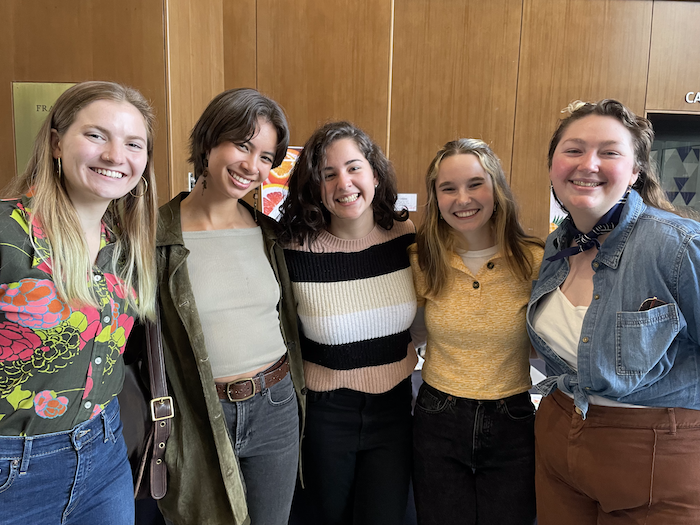
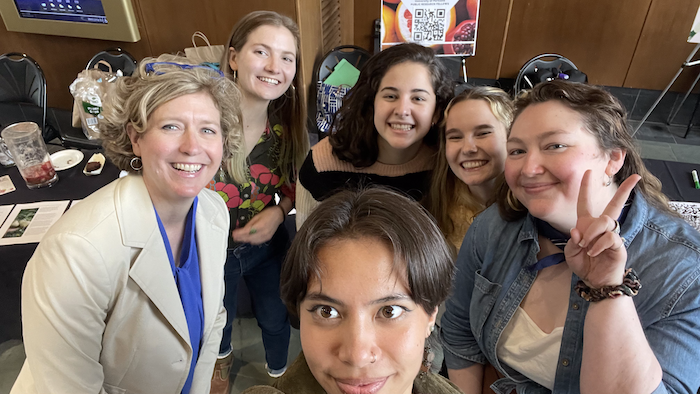
"This project took me out of my comfort zone by inspiring me to reach outside of the University of Portland community."
—Sophomore Mia Tierney
"As part of the humanities, there haven’t been many opportunities for me to put my education to use in ‘real life.’ I got to learn what it means to be part of the humanities beyond the academic, and how to breach that gap between us and the sciences. It has been a very valuable experience for me, and it helped me cement some decisions regarding my future after graduation."
—Junior Trini Sepulveda
"This project has taught me to be realistic, to learn how to press forward when faced with roadblocks and conflict...Researching through and with the community has been one of the most fulfilling and challenging experiences here at UP. Outreach is a process that is difficult but can be rewarding when you really put in the effort and time to connect with others."
—Gina DiLisio
"This project provided me with a thorough understanding of how to navigate group dynamics and conduct interviews, and above all gave me the latitude to broaden my writing skills outside of the strictly academic style that college students like me are often accustomed to. Thanks to this valuable opportunity, I now feel even more prepared to confidently step into professional spaces."
—Junior Sloane Sullivan
"Through reaching out to potential interviewees and ultimately conducting interviews, I was able to practice professional communication and connect with the wider Portland community. Being open and adaptable to change through re-imagination was a common theme over the course of the year."
—Junior Maria Wanzek
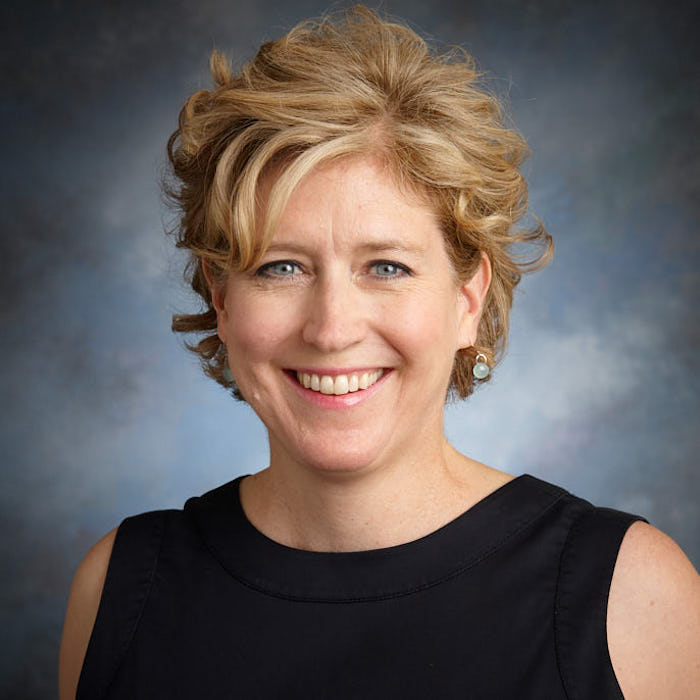
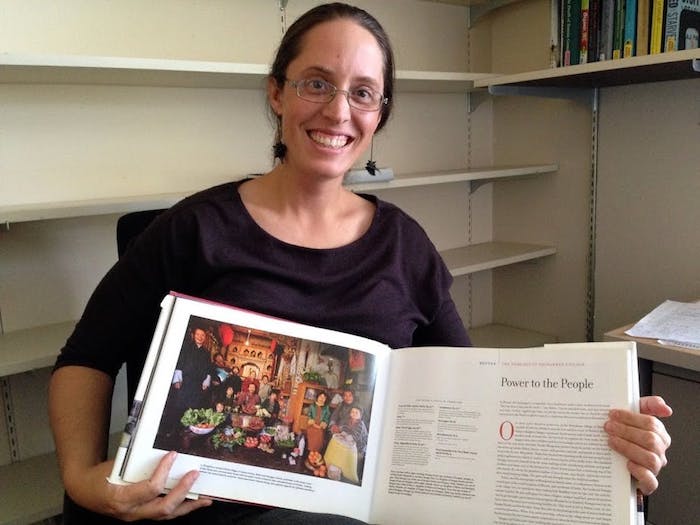
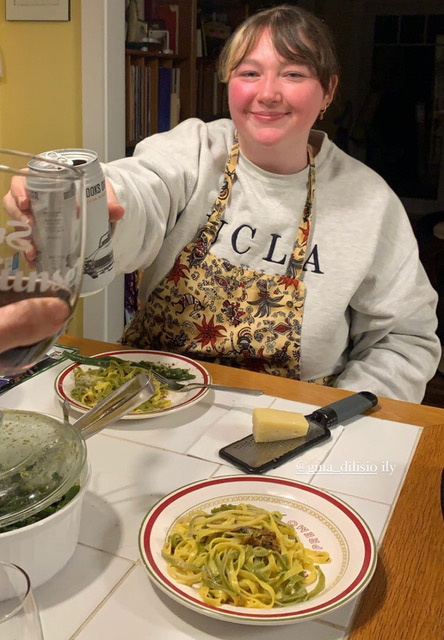
Year: Senior
Major: English
Minors: Environmental Science and Constitutional Studies
Hometown: Saratoga, CA
Why are you interested in working with PRF?
Food is a key aspect of how we connect with one another and how we understand ourselves and others: whether it be over a meal or through the sharing of recipes and stories, and sometimes even the trading of ingredients or advice. And yet, if you asked most people how the food they eat got there, how that recipe their family passed down came to be, or why, for some odd reason, a spice or smell tastes and feels like home, they could not give you a straight answer. I am overjoyed at the opportunity to reconnect myself to these systems, stories, and people, because who would I be to pass up on this kind of opportunity? As many have quoted before: "life is a banquet, and most poor fools are starving to death!"
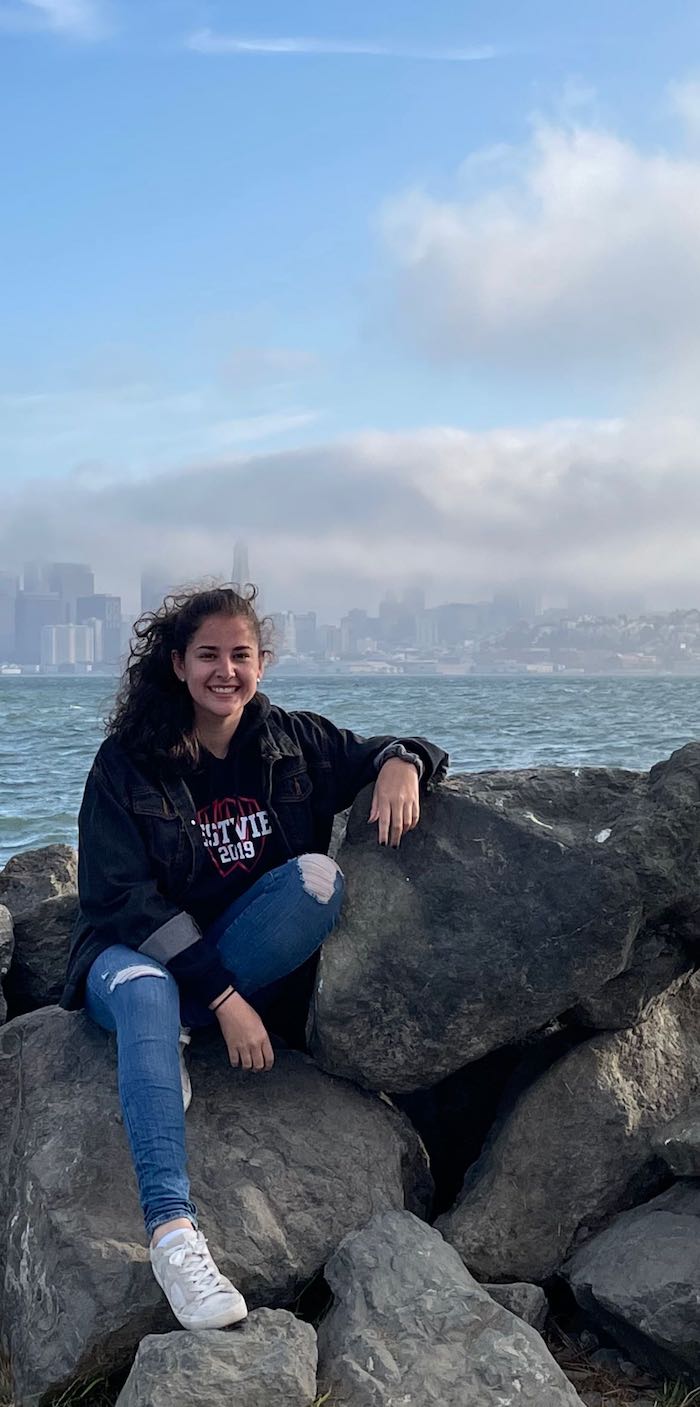
Year: Junior
Majors: English and Psychology
Minor: Writing
Hometown: originally from Chile; have lived in Portland for the past 6 years
Why are you interested in working with PRF?
I am interested in working on this project because I am really curious to see how things in the world of food have changed in the last two years, how people’s lives changed, and what stories they have to tell. I know my story, now I want to know theirs.
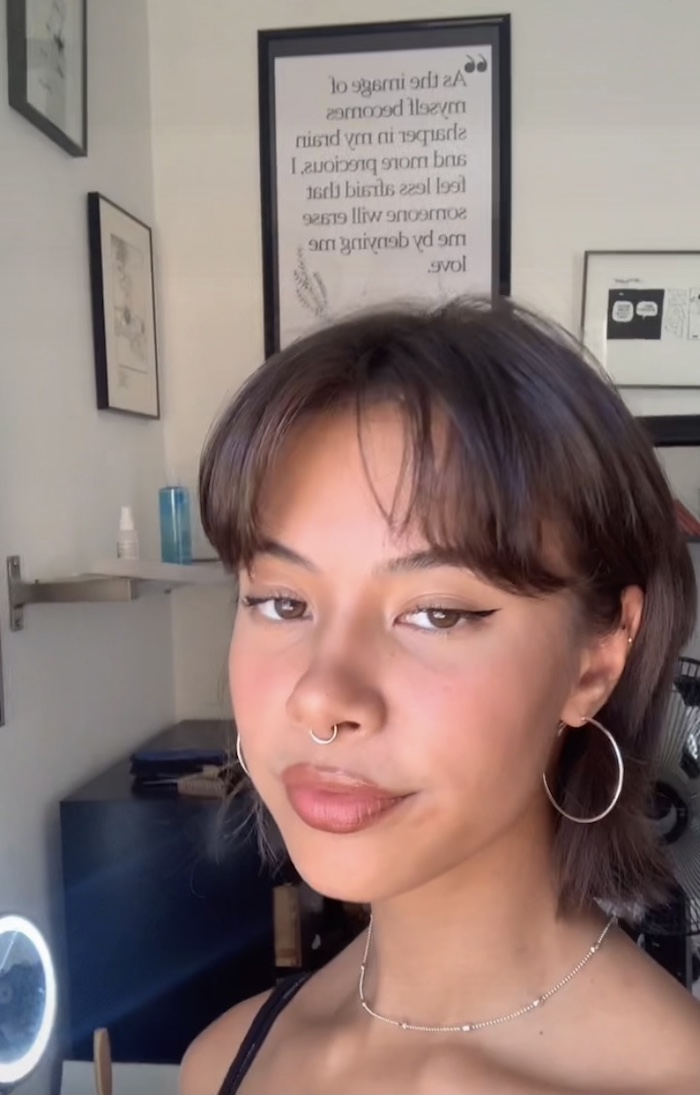
Year: Junior
Majors: Environmental Ethics and Policy; Philosophy
Hometown: Pleasant Hill, CA
Why are you interested in working with PRF?
Over the course of my late teens and now early twenties, I have nurtured a growing interest in food. I came to enjoy the privilege of fresh, healthful ingredients and wholesome meals in my pursuit of culinary competence. Along with this appreciation came an awareness of the challenges ethical food production faces, particularly in the realm of sustainability in both the ecological and economic sense. In this project I hope to explore these challenges within our community and the greater PNW, and hopefully illuminate potential solutions.
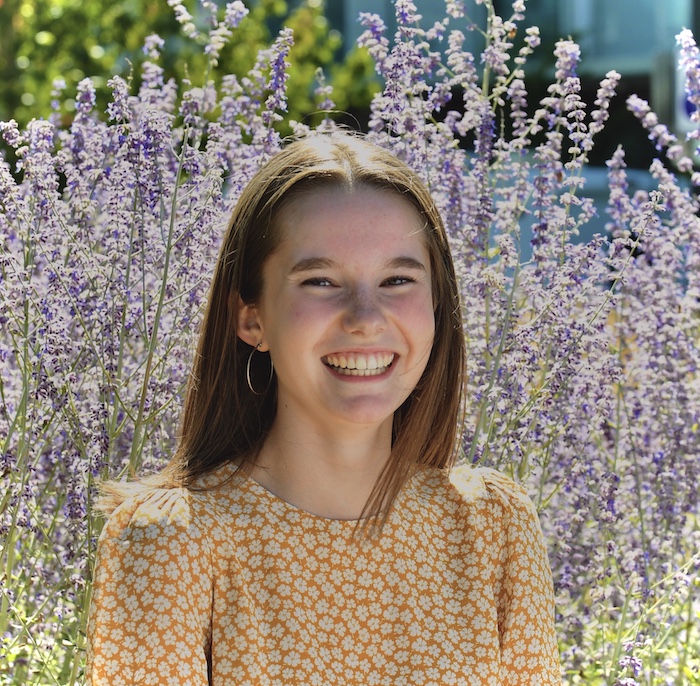
Year: Sophomore
Majors: English and Spanish
Hometown: Portland, OR
Why are you interested in working with PRF?
I believe that food is one of the most real ways to show love and appreciation for others. In my life, food has played an important role in helping me connect with others and with my larger community. Unfortunately, with the pandemic, the ability to connect over food was lost and is only now beginning to come back. I am interested in delving into how the pandemic has impacted the relationship between community and food in the Portland area.
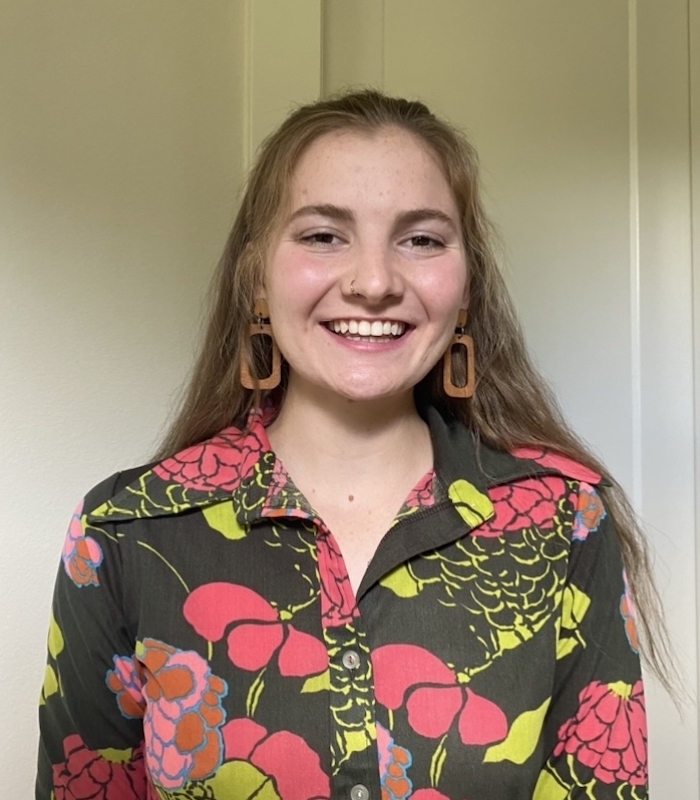
Year: Senior
Major: Environmental Science
Minor: Philosophy
Hometown: Fargo, ND
Why are you interested in working with PRF?
Like many others, I have found my interest in food has increased over the course of the pandemic, as we witnessed food shortages and social isolation. During this time the power and fragility of our food sources and the earth that sustains us were illuminated. While beginning to appreciate the food that gives me life in a new way, I also learned how growing, cooking and enjoying food with others creates the sense of community we all crave. I am excited to explore the food systems of the PNW and to collaborate with other students and faculty in sharing the stories of the people and the land.